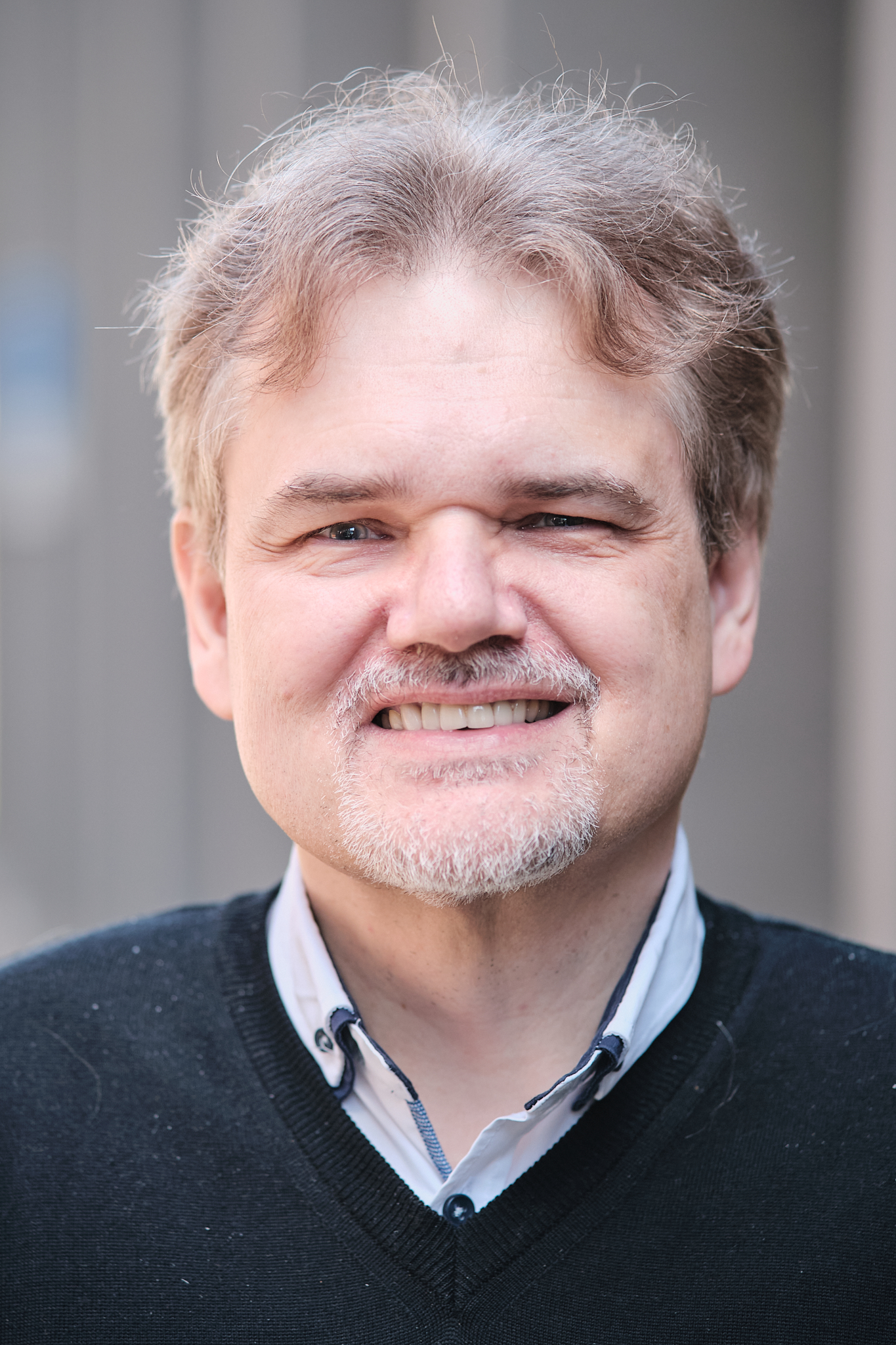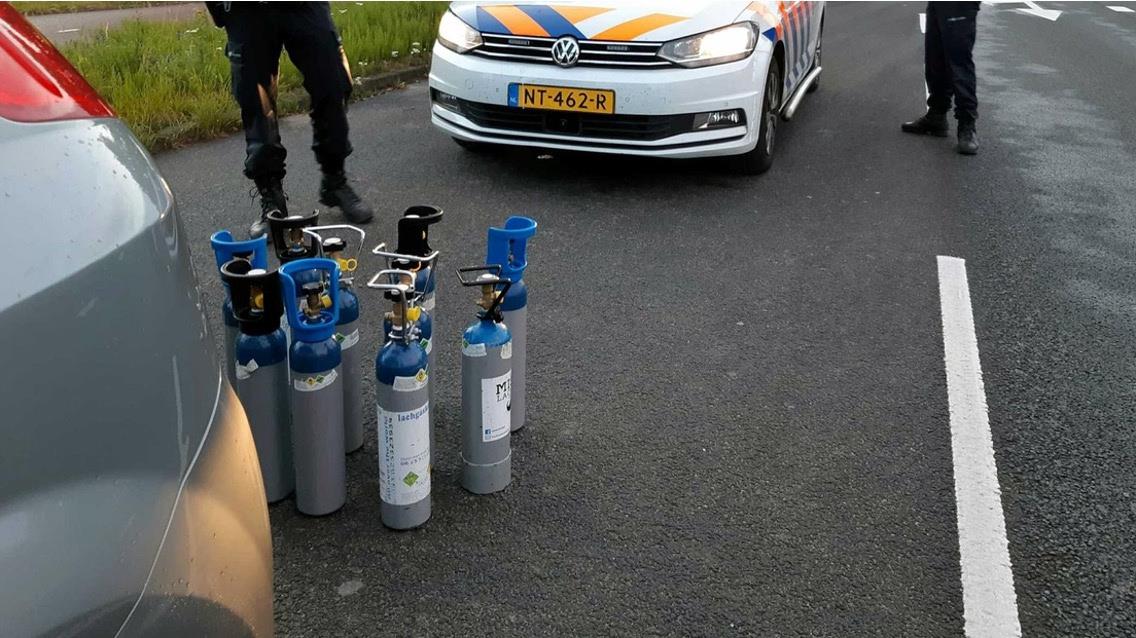VENI grant for Dr. Laurentius Huber (FPN)
The Netherlands Organisation for Scientific Research (NWO) has awarded a VENI grant to eight young, highly promising UM scientists. In total 154 young scientists receive a VENI grant worth up to 250,000 euros. The grant provides the laureates with the opportunity to further elaborate their own ideas during a period of three years.
The Faculty of Psychology and Neuroscience is excited to welcome Dr. Laurentius Huber, who will be joining our faculty in January to work on his VENI project “Understanding how the connections between our brain’s cortical layers make us who we are”. But, we’ll let Laurentius introduce himself and his work:
“I’m Laurentius Huber and I received my doctoral degree in physics at the Max Planck Institute for Human Cognitive and Brain Sciences in Leipzig, Germany in 2015. Between 2015 and 2018, I did my Post-Doc work with Peter Bandettini at the National Institutes of Health in Bethesda (USA) focusing on methods development to map changes in brain functional activity at sub-millimeter scales in humans.
I am interested in non-invasive brain imaging methods (layer-fMRI) to capture changes in brain activity at very high resolutions up to the level of cortical layers (layers of the brain that play a key role in consciousness, memory, attention, cognition, perception, awareness, thought, and language). With his layer-fMRI methodology, researchers can ask questions about information flow through the brain.
In January 2019, I will move to Maastricht to work in the group of Prof. Dr. Benedikt Poser on the VENI project entitled “Understanding how the connections between our brain’s cortical layers make us who we are". In this project, I want to transform the methodology of layer-fMRI from an MRI-physics gimmick into a widely applicable and robust research tool.
I hope that upon the successful completion of the VENI project, a large spectrum of researchers will be able to straightforwardly investigate the brain's information flow in individual people non-invasively. This allows us to capture how individual peoples’ brains engage different information processes for the same tasks.”

Graphical abstract: In this VENI, I am working on methods to measure the information flow through the brain non-invasively with advanced MRI. With this method, researchers will be able to see 1.) where a brain area receives input from other brain areas, 2.) how this information is process and 3.) how the result of the neural computation is sent to the other areas or the body's muscles. It will be investigated how these brain connections are different for individual people.
Also read
-
FPN’s prof. dr. Rainer Goebel has been awarded an ERC Advanced Grant of € 2,5M for his research project Reading the Mind’s Eye: AI inspired personalised brain models of mental imagery. Goebel is among 255 researchers (out of 1829 applications in all domains) in Europe to receive the grant, and he is...
-
When nitrous oxide (laughing gas) is used recreationally, its presence remains detectable in the breath and bloodstream for at least 60 minutes after inhalation, and the development of an instrument to measure it is technically feasible. These were among the findings of a study at Maastricht...
-
What happens in the brain of someone with a psychiatric disorder? Eleonora Broggi, an alumna of the bachelor Biomedical Sciences at Maastricht University, is investigating brain patterns in people with autism spectrum disorder at King’s College London. Read how Eleonora uses Biomedical Sciences for...


